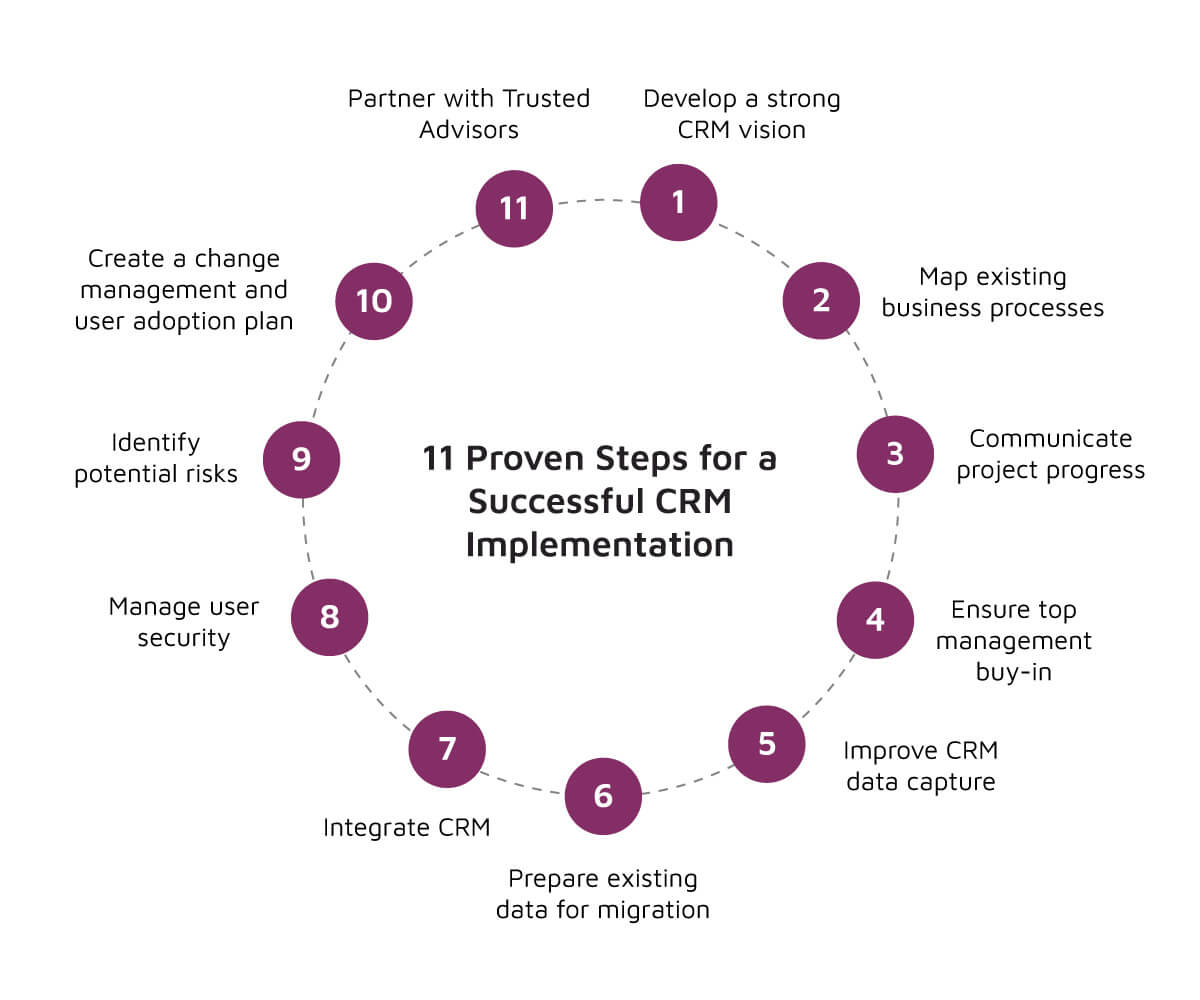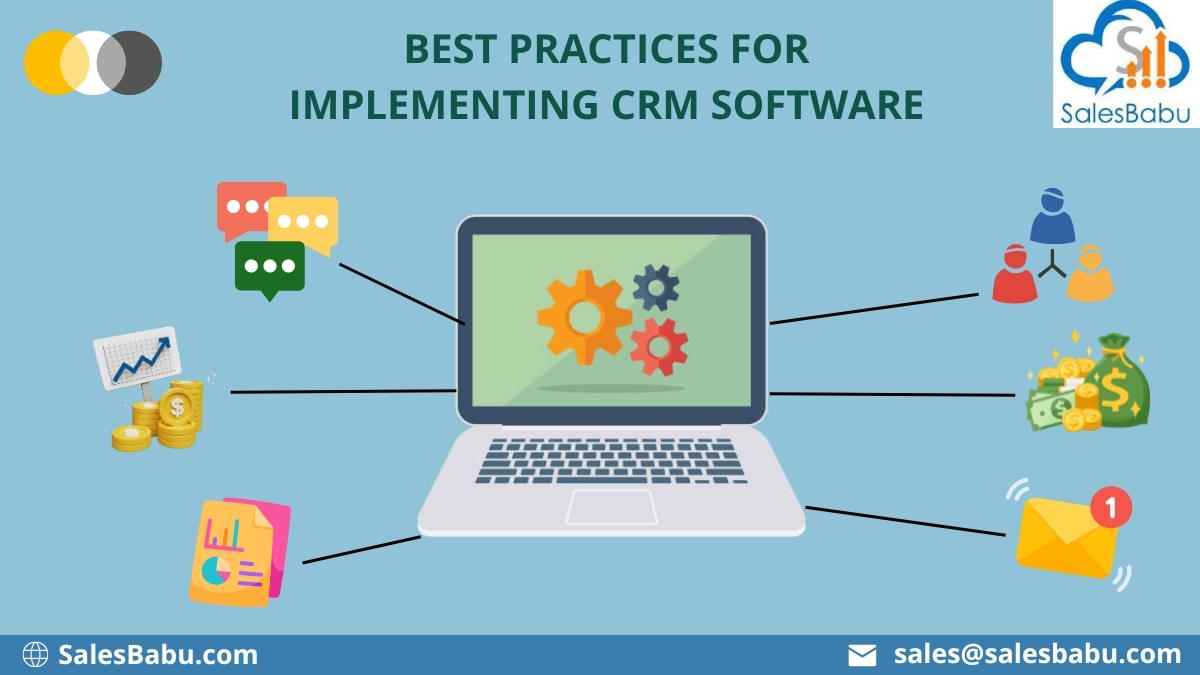Customer Relationship Management (CRM) systems have become an essential tool for businesses to manage their interactions with customers, sales, and marketing efforts. Implementing a CRM system can be a significant investment, and evaluating its success is crucial to ensure that it meets the organization’s goals and objectives. In this article, we will discuss the key factors to consider when evaluating CRM implementation success, the metrics to measure, and the best practices to follow.

Why Evaluate CRM Implementation Success?
Evaluating CRM implementation success is essential to determine whether the system is meeting its intended objectives, such as improving customer satisfaction, increasing sales, and enhancing customer engagement. A successful CRM implementation can lead to numerous benefits, including:
- Improved customer satisfaction: A well-implemented CRM system can help businesses to better understand their customers’ needs, preferences, and behaviors, enabling them to provide more personalized and effective service.
- Increased sales: A CRM system can help sales teams to manage leads, track sales performance, and identify new opportunities, leading to increased revenue and growth.
- Enhanced customer engagement: A CRM system can help businesses to engage with customers through multiple channels, such as social media, email, and phone, improving customer loyalty and retention.
- Better decision-making: A CRM system can provide valuable insights and analytics, enabling businesses to make informed decisions about their customers, sales, and marketing strategies.
Key Factors to Consider When Evaluating CRM Implementation Success
When evaluating CRM implementation success, there are several key factors to consider, including:
- User adoption: The level of user adoption is a critical factor in determining CRM implementation success. If users are not adopting the system, it is unlikely to achieve its intended objectives.
- Data quality: The quality of data in the CRM system is essential for making informed decisions and providing personalized service to customers.
- System integration: The CRM system should be integrated with other business systems, such as sales, marketing, and customer service, to provide a seamless and cohesive customer experience.
- Return on investment (ROI): The ROI of the CRM system should be evaluated to determine whether it is providing a sufficient return on investment.
- Customer satisfaction: The level of customer satisfaction should be evaluated to determine whether the CRM system is meeting its intended objectives.
Metrics to Measure CRM Implementation Success
To evaluate CRM implementation success, there are several metrics that can be used, including:
- User adoption rate: The percentage of users who are actively using the CRM system.
- Data quality metrics: Metrics such as data completeness, data accuracy, and data consistency.
- Sales performance metrics: Metrics such as sales revenue, sales growth, and sales productivity.
- Customer satisfaction metrics: Metrics such as customer satisfaction surveys, net promoter score (NPS), and customer retention rate.
- ROI metrics: Metrics such as return on investment (ROI), return on sales (ROS), and payback period.
Best Practices for Evaluating CRM Implementation Success
To ensure that the evaluation of CRM implementation success is effective, there are several best practices to follow, including:
- Establish clear goals and objectives: Establish clear goals and objectives for the CRM system, such as improving customer satisfaction or increasing sales.
- Develop a comprehensive evaluation plan: Develop a comprehensive evaluation plan that includes metrics, timelines, and resources.
- Monitor and analyze data: Monitor and analyze data regularly to identify trends, patterns, and areas for improvement.
- Provide training and support: Provide training and support to users to ensure that they are able to effectively use the CRM system.
- Continuously review and refine: Continuously review and refine the CRM system to ensure that it remains aligned with business objectives and continues to meet the needs of customers.
Common Challenges When Evaluating CRM Implementation Success
When evaluating CRM implementation success, there are several common challenges that may be encountered, including:
- Lack of data: A lack of data or incomplete data can make it difficult to evaluate the success of the CRM system.
- Resistance to change: Resistance to change from users can make it difficult to adopt the CRM system and achieve its intended objectives.
- Insufficient training: Insufficient training and support can make it difficult for users to effectively use the CRM system.
- Technical issues: Technical issues, such as system downtime or bugs, can make it difficult to use the CRM system and evaluate its success.
- Changing business objectives: Changing business objectives can make it difficult to evaluate the success of the CRM system, as the goals and objectives of the system may have changed.
FAQ
- What is CRM implementation success?
CRM implementation success refers to the extent to which a CRM system meets its intended objectives, such as improving customer satisfaction, increasing sales, and enhancing customer engagement. - How do I evaluate CRM implementation success?
To evaluate CRM implementation success, establish clear goals and objectives, develop a comprehensive evaluation plan, monitor and analyze data, provide training and support, and continuously review and refine the CRM system. - What metrics should I use to evaluate CRM implementation success?
Metrics such as user adoption rate, data quality metrics, sales performance metrics, customer satisfaction metrics, and ROI metrics can be used to evaluate CRM implementation success. - What are the common challenges when evaluating CRM implementation success?
Common challenges when evaluating CRM implementation success include lack of data, resistance to change, insufficient training, technical issues, and changing business objectives. - How can I ensure that my CRM system is successful?
To ensure that your CRM system is successful, establish clear goals and objectives, provide training and support, continuously review and refine the system, and monitor and analyze data regularly.
Conclusion
Evaluating CRM implementation success is crucial to ensure that the system meets its intended objectives and provides a sufficient return on investment. By considering key factors such as user adoption, data quality, system integration, and ROI, and using metrics such as user adoption rate, data quality metrics, sales performance metrics, customer satisfaction metrics, and ROI metrics, businesses can effectively evaluate the success of their CRM system. By following best practices such as establishing clear goals and objectives, developing a comprehensive evaluation plan, and continuously reviewing and refining the system, businesses can ensure that their CRM system remains aligned with business objectives and continues to meet the needs of customers.
Closure
Thus, we hope this article has provided valuable insights into Evaluating CRM Implementation Success: A Comprehensive Guide. We thank you for taking the time to read this article. See you in our next article!


